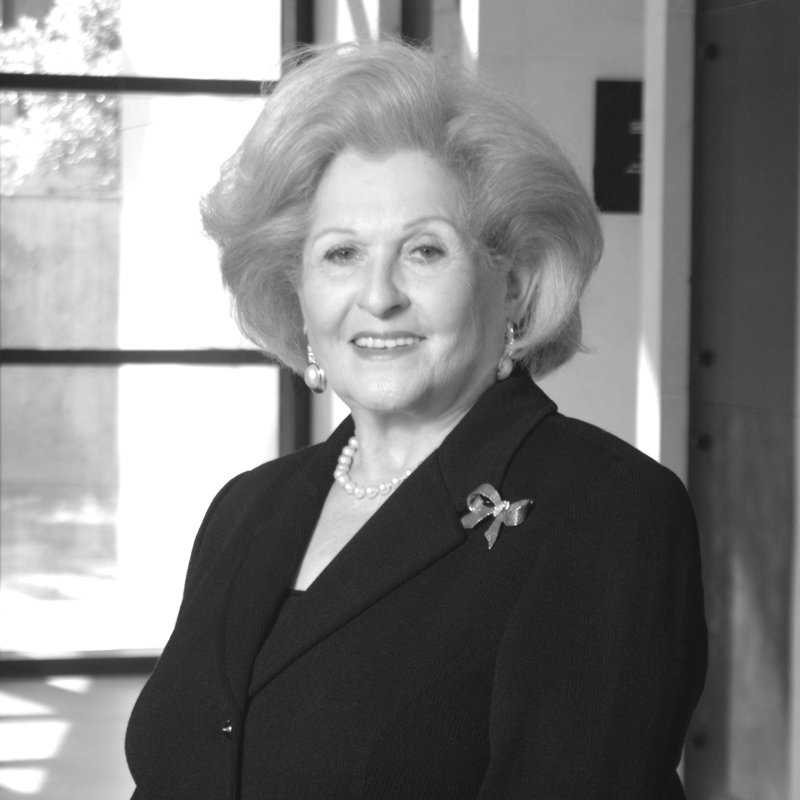
Stefi Altman, the third of four children, remembered a carefree childhood in a warm and loving family in Lublin, Poland. She was just thirteen years old when Germany overran Poland in September 1939. Soon after, Stefi’s two older brothers were arrested and sent to a labor camp, and Nazi soldiers brutally beat her father and drove the family from their home. They fled to Stefi’s grandfather’s farm, taking shelter in the barn.
The family remained together until 1940 when Stefi was sent to the labor camp of Jastkov. From time to time, she was permitted to go see her parents and her sister Kayla. The brief visits gave her the strength and courage to go on, but they were not to last. One day, she returned to the barn only to find it empty. Her family had been sent to a ghetto. Stefi decided not to return to the labor camp, but “freedom” turned out simply to be a different kind of hell. She spent weeks hiding outside in fields, terrified of Nazis and local informers, and haunted by memories of those who had already been murdered. Freezing cold and starving, she sneaked back into Jastkov.
Later she was sent to Treblinka and Majdanek. In retrospect, both seemed benign compared to her next stop: the camp of Dorohucza. Although Dorohucza had neither the gas chambers nor the crematoria of the other camps, death always hovered nearby. Like Stefi, many of the inmates were only half alive by the time they got there. Weak and deathly ill, many suffered from injuries and illnesses from which they would never recover.
At the end of 1943, Stefi discovered that her sister, Kayla, had also been sent to Dorohucza. But relief soon turned to horror: Kayla was so brutally murdered that more than seven decades later, Stefi was still unable to talk about her sister’s death. Stefi managed, against all odds, to escape from Dorohucza. Had she stayed behind, she doubtless would have been murdered. Soon after she fled, 20,000 inmates of Dorohucza and two neighboring camps were shot to death by the Germans in one of the deadliest single massacres of the Holocaust. For the remainder of the war, Stefi hid in a coffin-like space underneath a barn that belonged to a sympathetic Polish farmer. After she was liberated by the Soviets, she learned that her entire family had been murdered.
Stefi met and married Hershel Altman, also a survivor, in Poland in 1946. The following year, their son Moses David (Mickey) was born. In 1949, the family arrived in Houston, where their relatives, Sam and Sarah Brounes, helped them to rebuild their lives. “For somebody with nobody, it was such kindness,” reflected Stefi. “To me it was a beautiful thing that I belonged to a family.” Hershel died suddenly in 1963. That year, Stefi and Mickey met Julie and Ben Rogers and their daughter Regina and “became a part of their family.” Although the Rogers provided much love and support to Stefi as she grieved for Hershel, she still regretted that he did not live to see Mickey graduate from high school, college, and law school, or to meet his two grandchildren, whom Stefi called her “golden boy” and her “perfect little girl.” They brought Stefi much joy, but she was still haunted by her past. She spoke often about her experiences during the Holocaust. “I hope the world will remember what I cannot forget,” she said.
Parents
Yitzchak Hersz Fiszbaum, d. Bełżyce, Poland
Syma Fiszbaum, d. Bełżyce, Poland
Siblings
Velvel, d. Majdanek
Moshe, d. Majdanek
Kayla, d. Dorohucza, 1943